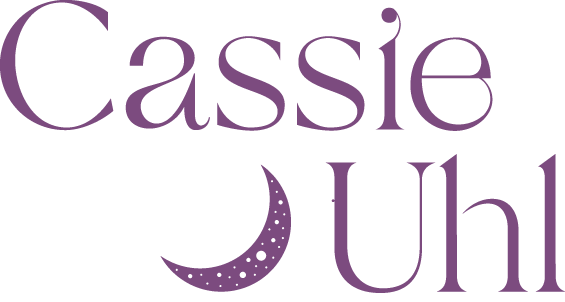How to Get Started with Spiritual Activism
If you’re reading this, you probably have a desire to make the world a better place. But you may feel like you’re not sure how to go about it in a way that aligns with your spiritual practice and values.
Your spiritual practice and your activism aren’t separate, they’re one. They can be, and I think they should be— because the world needs you, as an activist, to show up as a spiritual being...and as a spiritual being, to show up as an activist.
This means that not only are we meditating on healing the world, manifesting collective healing, and whatever other healing practices you have…but we’re also bringing that work into how we show up in the world as agents for change. We show up as our whole, spiritual selves when we call our senators and representatives. When we march, when we protest, when we volunteer, when we donate, when we organize, when we listen, when we post on social media.
That is spiritual activism.
COMPASSION
One really important piece of spiritual activism is compassion for yourself and for others. It’s really easy and often justified, to get caught up in your feelings and forget that the person you’re engaging with is also a human being. A human being who may be really offending you right now, but still a human being.
Remember that your feelings are justified. And of course, you don’t have to continue to engage with someone who is hurting you. But remembering some of the truths that are likely part of your spiritual practice, like compassion for all and the idea that at the core of it, we are all one, is just as important in these situations as it is in others.
ANGER
Ask yourself:
How do I want to feel?
How do I want others to feel around me?
List these answers out, and think about how they apply to your activism. If you want to feel inspired, open, safe, joyful, free, loved, whatever it is — you probably want other people to feel that way around you, too.
How can you approach your activism in a way that holds space for that? How can you approach your activism in a way that makes yourself and the people around you feel that way the majority of the time?
A note about anger: you probably want to create change around two things: things that break your heart, and things that make you angry. In some dialogue about spirituality, anger is bad. It’s something to be stifled and ignored.
But anger is human, and I think the only thing that makes it bad is repressing it. You’re going to be angry about injustice. It’s what we do with our anger, how we express it, and how we channel it that can help or hurt us.
So instead of repressing your anger or using it to lash out at people, I invite you to channel your anger into productive change, remembering that compassion and anger aren’t mutually exclusive.
START WITH YOU
When it comes to activism, start with you. It can be hard to wrap your head around at first but understand that you are not separate from the problem. You are not separate from these oppressive systems.
As a white person, racism isn’t about someone else. It’s about me.
As a cisgendered person, violence against transgender people isn’t about someone else, it’s about me.
The list goes on.
Ask yourself: in what systems am I an oppressor?
You can be oppressed in certain systems, like gender, and be the oppressor in others, like race.
This is where we get into the idea of privilege.None of this is about berating yourself for being a bad person or being complicit in these systems. You’re not a bad person! But the point of this being the first step is that when we know better, we do better. But we can’t do better if we don’t immerse ourselves in the “know better” step first.
Ask yourself: what privileges do I hold?
(Ideas: able-bodied privilege, white privilege, cisgendered privilege, straight privilege, thin privilege, in your country legally, etc.)
Take some time to really think about how those privileges manifest in your life and how they’ve become systems of belief. For example, what beliefs have you absorbed about people who don’t hold the privilege of being documented, or who don’t hold thin privilege?
What can you do to root down, shift those beliefs (which always manifest into actions even if you may not realize it!), and create more equality in your own life?
How is this spiritual activism? I think it comes back to the idea that healing yourself is healing for the world. I think most of us can probably get behind that. In this sense, cleaning up your own baggage, the ways in which your hurt and oppress is the most important thing we can do.
RELEASE
These days in this political climate I think it’s really important to have an embodiment practice to help you release trauma, anger, and other emotions you’re storing up from your cells. Tapping, breathwork, and a good old-fashioned scream are great ways to release.The practice can look like anything you need it to, but choose something that’s a physical release.





